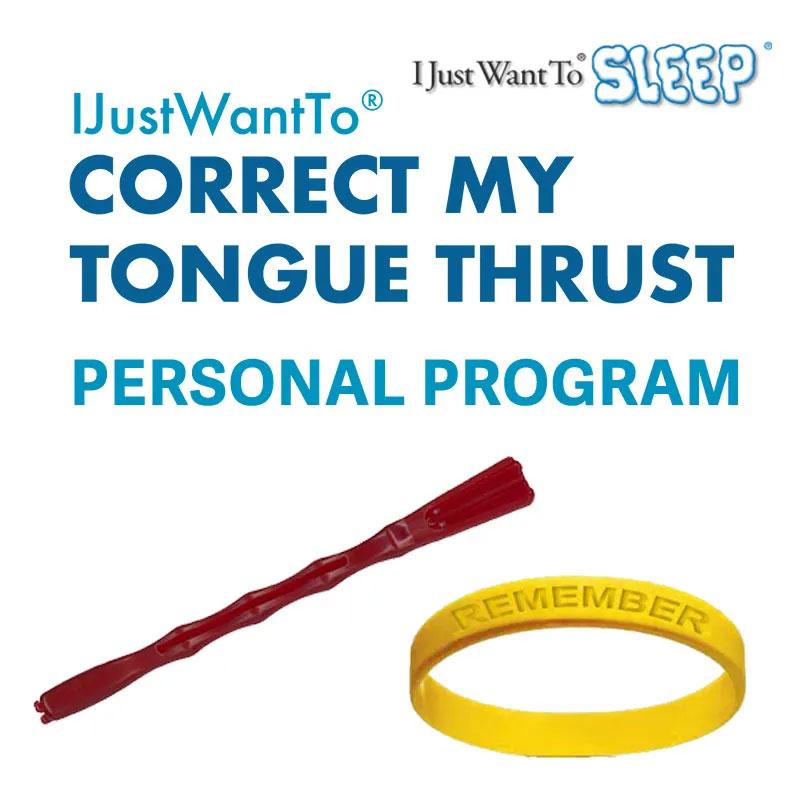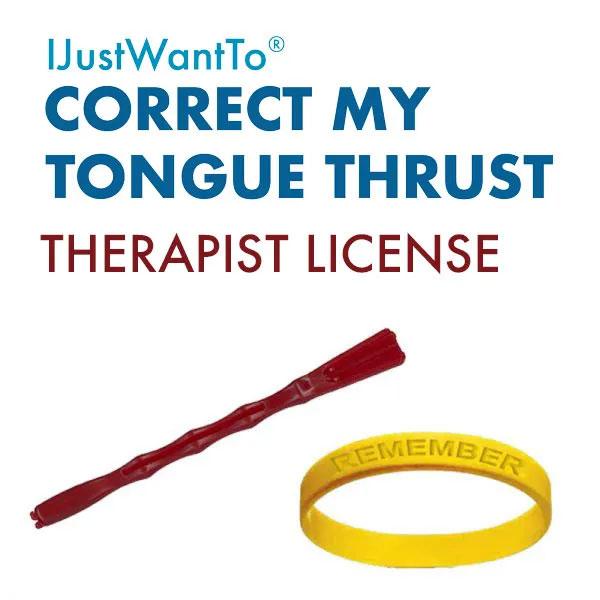 From an early age, we are constantly communicating. Infants communicate through a series of sounds and cries. While each cry may sound the same to the average person, parents pick up pretty quickly on the subtle differences between a hungry cry, a scared cry, and a grumpy/sleepy cry. Within just a year or two, babies and toddlers begin to pick up on our language and start using words. Again, the average person may not recognize the sounds a small child is making as words, but parents know exactly what their little ones are saying.
From an early age, we are constantly communicating. Infants communicate through a series of sounds and cries. While each cry may sound the same to the average person, parents pick up pretty quickly on the subtle differences between a hungry cry, a scared cry, and a grumpy/sleepy cry. Within just a year or two, babies and toddlers begin to pick up on our language and start using words. Again, the average person may not recognize the sounds a small child is making as words, but parents know exactly what their little ones are saying.
As children grow, their sounds and words become actual language. It is at this point that speech issues can begin to arise. To parents, speech issues might not be obvious, but if your child is struggling with a lisp, it might be their friends or classmates who first point it out. Unfortunately, children are not always kind when someone is speaking differently from them. You may be searching for a speech therapist near you, but the issue may be the result of tongue thrust. Often, correcting tongue thrust is key to improving speech.
How Does Tongue Thrust Cause Speech Issues?
Tongue thrust refers to what happens when the tongue is not resting properly in a person's mouth. Your tongue should rest on the roof of your mouth. For some, their tongue rests on the back of their teeth. The pressure exerted when you swallow can push the teeth forward. Plus, when you speak, the tongue can cause speech issues such as the development of a lisp.
A lisp describes what happens when a child mispronounces the letters "s" and "z," resulting in the sound "th." Words like "sound" end up being pronounced like "thound." Unfortunately, a lisp can cause a kid to be teased for something they can't change on their own.
If you or your child has a lisp, you may be searching for a speech therapist in your area. However, if the lisp is the result of tongue thrust, it is possible the issue can be solved with our program. It often makes more sense to strengthen the muscles in the mouth, tongue, and lips than it does to attempt to teach someone how to properly pronounce the "s" or "z" sound despite their tongue thrust. Our program helps do this by providing exercises to practice every day for the duration of seven weeks. Because the tongue learns to "live" in the proper place in the mouth, the "s" and "z" sounds generally take care of themselves. Our seven-week program is easy to follow and incredibly effective. If you would like to start correcting tongue thrust and speech issues, visit our store to learn more about our program.
If you are in Western North Carolina, Contact Asheville Speech Associates for Speech Therapy Near Me.

